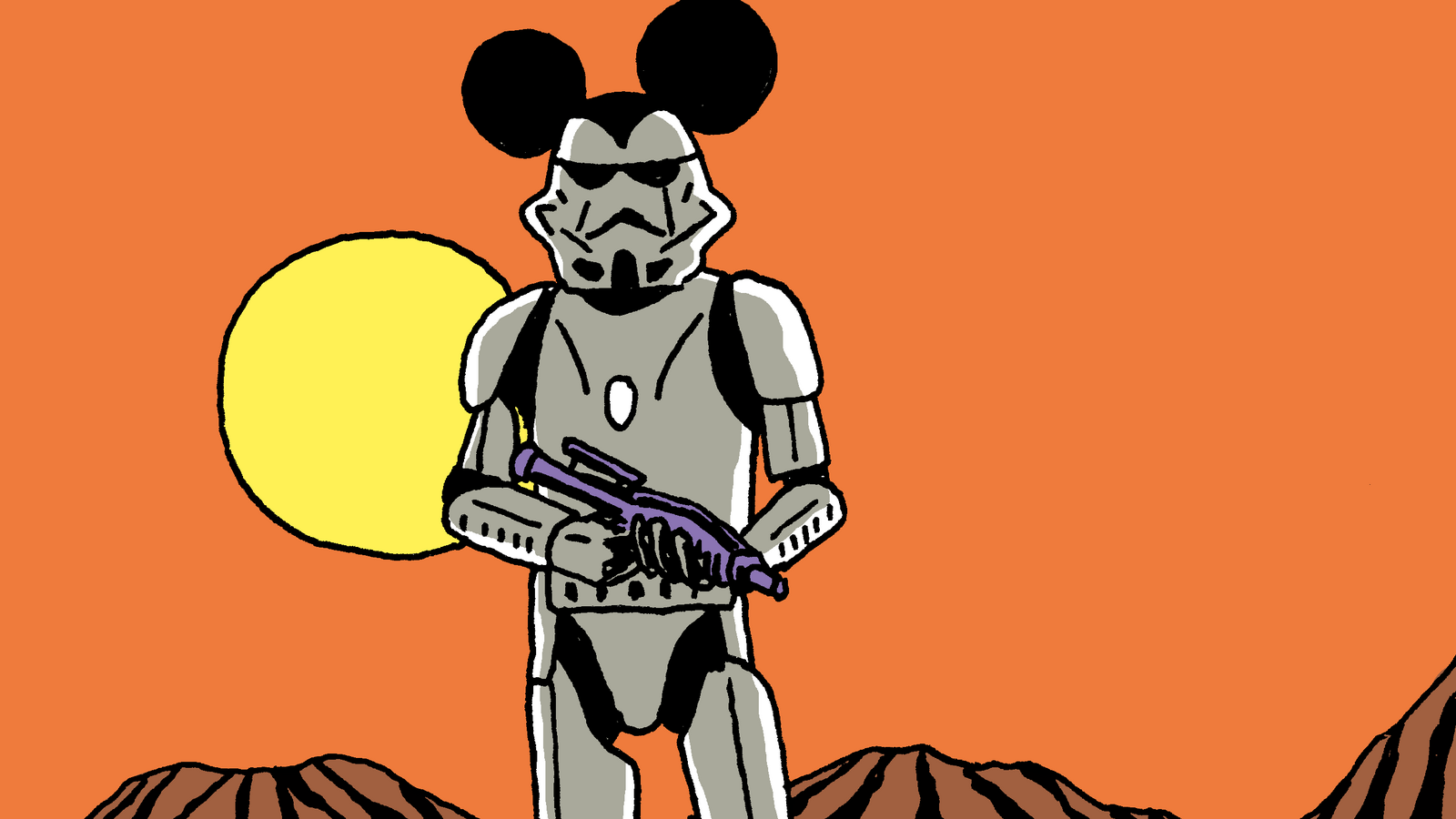Beyond the Screen: Why 'Andor' Falls Short of True Rebellion

Despite the widespread acclaim for the show's groundbreaking political narrative, I've consistently been struck by a profound disconnect between its revolutionary messaging and the actual process of its creation. The gap between the show's progressive ideals and the behind-the-scenes reality creates a compelling tension that challenges viewers to look beyond the surface-level storytelling.
The show's celebrated political commentary seems to exist in stark contrast to the traditional production methods employed in its making. This irony raises important questions about the authenticity of artistic expression and the challenges of truly embodying progressive values within established entertainment industry structures.
While the narrative champions social change and critical thinking, the production process appears to follow more conventional, and potentially problematic, industrial patterns. This dissonance invites a deeper examination of how media creates and communicates political messages, and the inherent contradictions that often emerge in the process of artistic creation.
